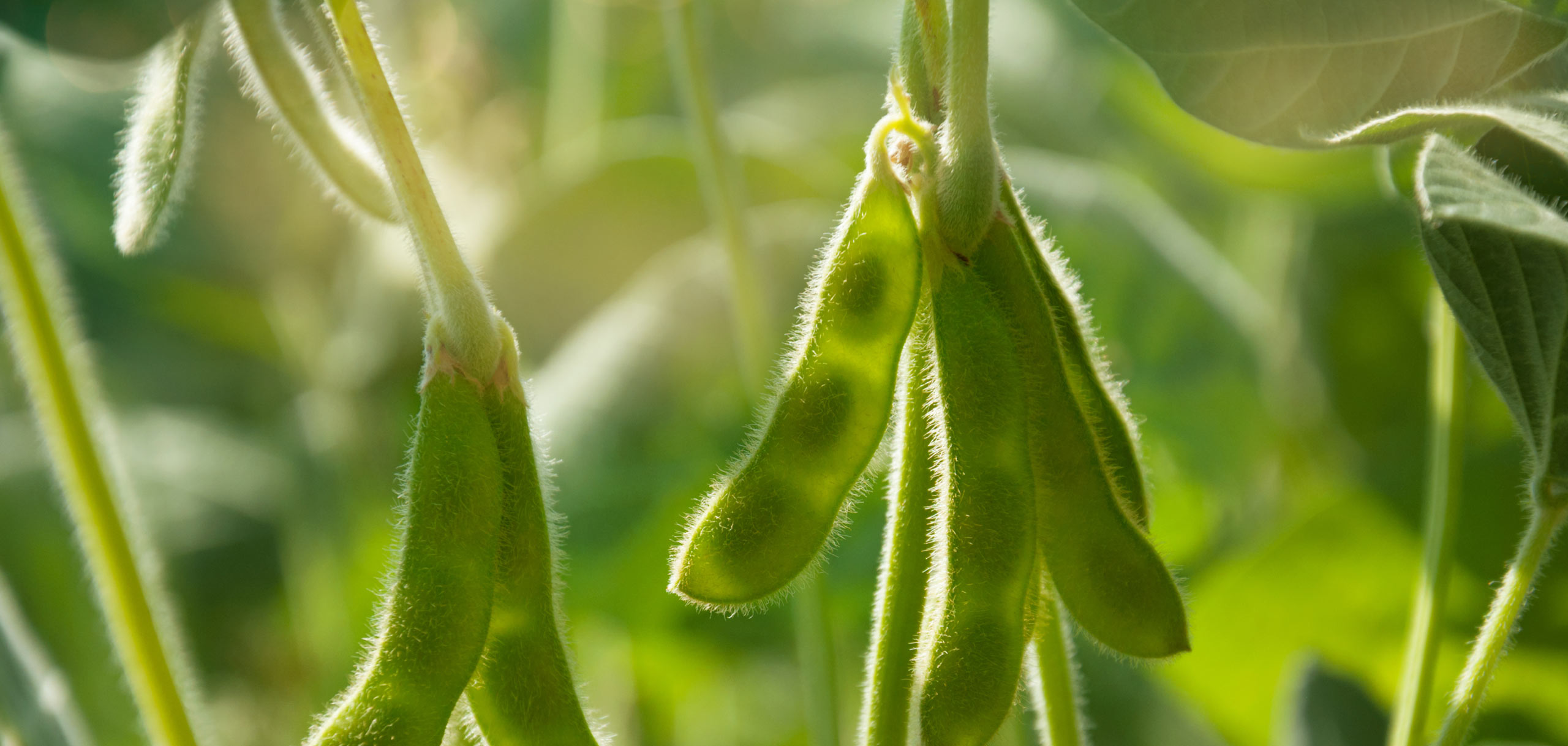
Soy protein concentrate (SPC) as fishmeal replacement in diets for summer flounder
Category: Aquaculture
DownloadDesigning diets that are primarily soybean meal (SBM) instead of fishmeal will improve the overall sustainability of the aquaculture industry. A diet must provide good growth to the animal to which it is fed, but it should also neutrally or positively impact the ability of the animal to survive disease outbreak. Thus, a soybean-based diet for summer flounder that optimizes both growth and survival during bacterial challenge, would lead to enhanced profitability and sustainability of summer flounder aquaculture. It is well known that excess SBM in diets for fish can lead to intestinal pathologies like enteritis. However, in our previous work, we have demonstrated that SBM actually appears to stimulate the immune system of summer flounder, whereas soy protein concentrate (SPC) does not do so. Thus, it appears that something that is extracted from SBM to produce SPC (the fraction that is commonly referred to as soy molasses) contains one or more compounds that stimulate the immune system in these fish. We have funding from Rhode Island Sea Grant to identify the fractions of soy molasses that stimulate immune function, but it does not include sufficient funding to examine histopathology of the liver and pancreas or the blood chemistry for certain enzymes. USB funding is enabling us to do that work as part of the Sea Grant project. Although this work is directed toward the summer flounder industry, identification of soy molasses components that stimulate fish immune systems could be broadly applicable to other fish species in aquaculture as well. The concept is to use SPC as the main soy component of fish diets as the protein source, but then to add just the right amount of the appropriate soy molasses factor to boost the immune system as well.